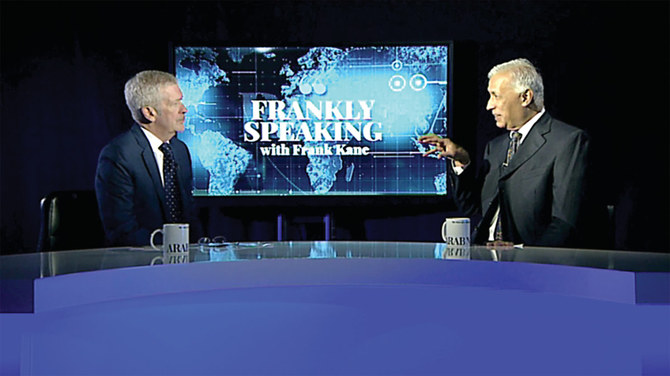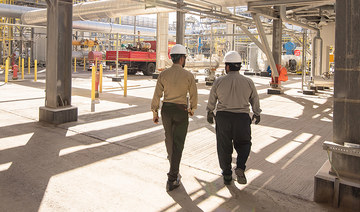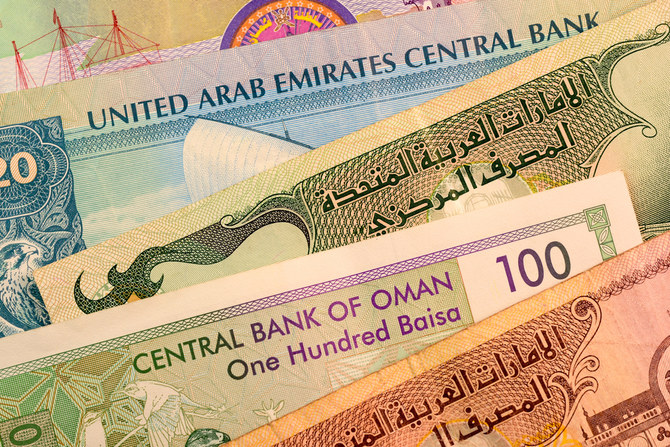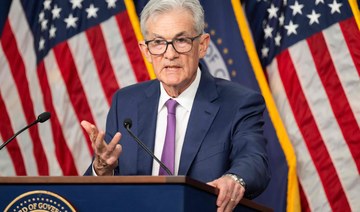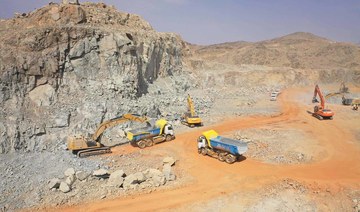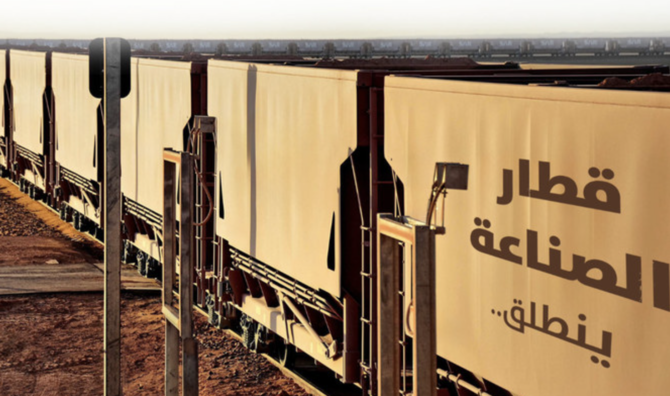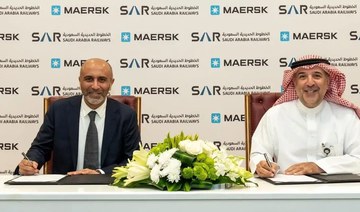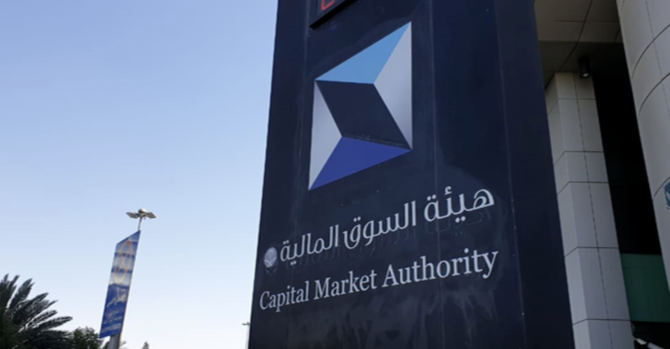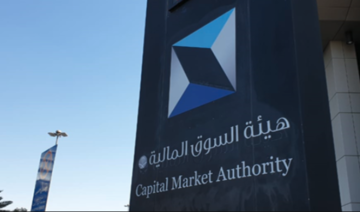DUBAI: “Unless the pain comes, people do not change,” is the blunt verdict of Shaukat Aziz on the economic measures needed by Saudi Arabia to counteract the downturn caused by the COVID-19 pandemic.
He should know. As a global financial expert after his decades in the senior echelons at the giant American bank Citi, and his time as finance minister and prime minister of his native Pakistan, Aziz was responsible for sweeping financial and economic policies through global crises and radical domestic reforms.
“Reform is not a one-time effort. Structural reforms are a permanent need and requirement for any country and any government. It never ends. There is not a reform season, where you do it once and then you sleep for a year,” Aziz said.
Although the Kingdom has pumped billions of riyals into the economy in response to the pandemic, its stimulus packages, as a proportion of GDP, has been lower than other members of the G20 group of leading nations, and have been accompanied by tax rises and government spending cuts.
“You have to consider very carefully how you react to it, and I think Saudi Arabia’s response was more than adequate, more than what was needed. It is not just about giving money to people; it is really about creating an enabling environment to get your businesses back to where it should be,” he said.
Aziz was speaking to Arab News on its new series of televised interviews, Frankly Speaking, in which leading policymakers are questioned on their views about the most important issues of the day.
‘World-class’ economic leadership
Aziz lived and worked in the Kingdom for many years at Citi, and has maintained a close relationship with senior economic decision-makers there ever since. He has no doubt about the quality or the credentials of Saudi Arabia’s economic leadership.
“I would say that the technical and the business skills and the leadership skills of the people who are in the hierarchy of the Central Bank or the Ministry of Finance are world class at the top,” he said. “What is a good finance minister? A good finance minister is about anticipating, and adjusting. He knows which buttons to press when something happens, not to do it too quickly, and make sure you do your homework.”
Those qualities are essential in an economic policymaker, and are needed even more in the big social, cultural and lifestyle changes under way in the Kingdom as part of the Vision 2030 strategy to diversify the country away from oil dependence.
Aziz has first-hand experience of the challenges of such a far-reaching strategy from his time at the center of policy-making in Pakistan. In 1999, after 30 years as a globe-trotting executive at Citi, he answered a call from President Pervez Musharraf to join his new government and sort out the economic mess that had overtaken the country.
Big International debts, low economic growth and runaway inflation were challenges to which Aziz had a three-word response. “Liberalize, deregulate and privatize,” he recalled, a strategy which involved root-and-branch reform of the country’s economy, and some painful choices for entrenched interests in the country’s power structure.
“There were riots, unions went on strike — all these things happened in my time. There would be groups of businessmen and special interests who wanted something done a certain way. But you can’t do that, you have to make tradeoffs,” he said.
Focus on security and reforms
The unrest in Pakistan affected Aziz in a very personal way in 2004, when he was the target of an assassination attempt by terrorists. The threat of violent extremism has not been far below the surface of Pakistan’s political system, and has remained at a disturbingly high level since then.
In contrast, Saudi Arabia has confronted and contained its extremist fringe. What has the Kingdom done right that Pakistan has not been able to do?
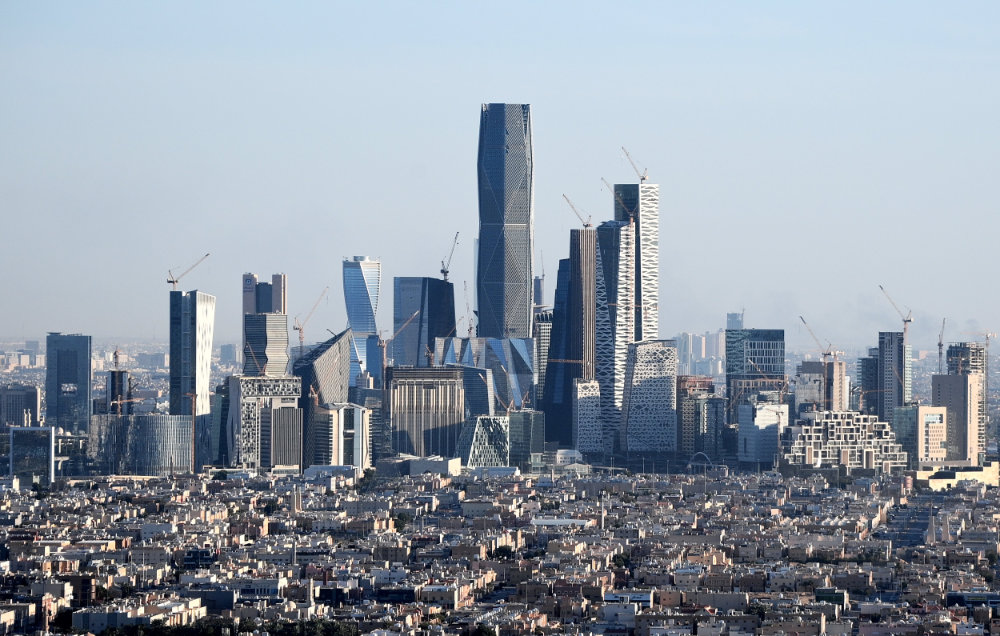
Former Pakistan PM Shaukat Aziz noted that Saudi Arabia’s focus on security has gone hand in hand with social and cultural reforms of the Vision 2030 strategy. (AFP)
“Obviously the security apparatus of Saudi Arabia — and I’ve lived in Saudi Arabia, so I can tell you — is superb,” he said. “They’re very good. On the other hand, their population is also much (smaller) than Pakistan, so there is the issue of the physical machinery of the law enforcement and intelligence.
“They’re excellent also, but they just don’t have the (full) resources that are required to handle a country the size of Pakistan.”
The focus on security in the Kingdom has gone hand in hand with the program of social and cultural reforms of the Vision 2030 strategy, Aziz noted.
“So, in Saudi Arabia I think the best thing which has happened in the last few years, His Royal Highness the Crown Prince and His Majesty the King and all the other leadership of the country, they have done reforms which you could never even consider or think about.
“When I lived there, I couldn’t have expected that they would do that. I think today in the structural reform agenda, I would put Saudi Arabia in the top few countries of the world,” he said.
‘Measure the reaction’ to reforms
But is the sheer pace of reform in Saudi Arabia at risk of alienating more conservative elements in the country?
“I will repeat again: Any reform you do, you have to measure the reaction and impact for various sectors of your society. That’s a judgment call,” he said.
As a former top banker, he has firm views on the wave of reforms and consolidation that have taken place in the Kingdom, of which the merger between banking giants NCB and Samba (the former Citi affiliate) was the most recent. Some analysts have concerns about the effect on competitiveness as banks merge, but Aziz does not see it like that.

The merger between banking giants NCB and Samba (the former Citi affiliate) created Saudi Arabia's largest bank. (Reuters/File)
“Consolidation doesn’t mean there won’t be competition. It will make those banks much stronger so they’ll bring better products, they’ll have larger balance sheets, they can finance bigger deals, they have more absorptive capacity for any shocks. Any economy can go through shocks in the world, the world goes through it all the time. So, then their shock absorbers become much stronger, too,” he said.
Since he left the Pakistan premiership in 2008, Aziz has taken up non-executive advisory positions for several financial institutions, and become a well-known figure on the international forums circuit, airing his views on global issues at places like Davos and other arenas.
A question of sovereignty
On the big regional issue of the day — the expansionary aggression of Iran — he sees a commonality of interests between Saudi Arabia and Pakistan. “We have a long border with Iran, so our strategy with them is to maintain a relationship which is peaceful and to avoid any tensions,” he said.
“Naturally we have our own sovereignty to protect — that goes without saying — and we also have friends in the world like Saudi Arabia who are considered really very strategic partners for Pakistan.
“With Saudi Arabia it’s different. When I looked at Saudi Arabia as a relationship, it was like looking at your elder brother. You know they care for each other.”
In a reference to policy differences over issues like Yemen, he said: “Sometimes, if we did something which we shouldn’t have done, they’ll say, hey, what did you do that for?”
On another big policy issue of the day — the normalization of relations between some Arab countries and Israel — he was more guarded on the possibility that Pakistani might follow suit. “You have to carry your domestic population with you. If you’re doing something like that, you have to have good sound reasons. This is leadership,” he said.
At the end of the day, Aziz believes, an internationalist approach is preferable to a mindset that focuses on national differences. “You don’t look at your passport every day and say, what does this tell me to do? I think, to me, nationality is less important. It’s your inner self which has to believe in certain things,” he said.
_____________
Twitter: @frankkanedubai



